— Projects —
Current Projects
Definitions and Measures of Technostress (Technostress)
There are serious changes in everyday life, education and work, private leisure time and the social environment due to digitalization and new technologies. The increased use of technologies can lead to technology stress. Persistent technology stress has a negative impact on health and well-being. The aim of this project is to compare measuring instruments for technology stress based on a systematic literature research and to make the results publicly available.
read more
In addition to the many benefits of using new technologies, the increased use of technologies creates technology stress. Technology stress or technostress is a reaction of the body to a strong psychological strain caused by the use of technologies. Persistent technostress has a negative impact on health and well-being. Therefore, based on a systematic literature research, measuring instruments for the assessment of technostress will be identified, their contents will be examined and compared, and their availability in German language will be shown. The results of this research will then be published and made available to occupational therapists.

Project type: Funded research project
Project managment: Duervation
Funding provider: Ergotherapie Austria
Duration: 2022 - 2024
Discourse on two concepts: Handlung vs. Betätigung (Terminology)
In German speaking occupational therapy, the terms “Hadlung” and “Betätigung” are often used synonymously. So far it is unclear which arguments speak for or against the use of one or the other term. The aim of this project is therefore to provide an overview of the two terms and their use based on a scoping review. The overview will be publicly available and provide a basis for possible positioning regarding the use of one the two terms.
Read more
Stadler-Grillmaier already points out in 2007 that this is a problem in the acceptance and communication of both terms. So far it is unclear which arguments speak for or against the use of one or the other term.
The aim of this project is therefore, based on a scoping review according to Tricco et al. (2016), to give an overview of the two terms and their use and consequently to make the results available to occupational therapists in the national area through publication in the journal of Ergotherapie Austria. The overview can be used as a basis for a decision for or against the use of one or the other term.
Stadler-Grillmaier J. ENOTHE-Projekt „ET-Fachterminologie” – Beitrag zur Entwicklung einer (deutschen) Fachsprache in der Ergotherapie. ergoscience 2007; 2(03): 100-6.
Tricco AC, Lillie E, Zarin W, et al. A scoping review on the conduct and reporting of scoping reviews. BMC Med Res Methodol 2016; 16: 15.

Project type: Funded research project
Project management: Duervation
Funding provider: Ergotherapie Austria
Duration: 2022 - 2024
Collaborative Research on Occupational Balance (CROB)
After a stroke, people often require temporary or ongoing care. The main part of care activities, such as preparing meals, is performed by family members or other close persons: Informal caregivers. This is accompanied by a change in the caregiver’s occupational repertoire, and subsequently their occupational balance – a satisfaction with their meaningful activities.
Occupational therapists support people to maintain, promote, or regain their occupational balance. Currently, there are view reports of occupational balance interventions and evidence is scarce. For occupational therapists, information on these interventions as well as their scientific basis are essential to choose an appropriate therapy.
Therefore, the goal of this project is to develop interventions for the promotion of occupational balance in collaborative research activities.
We are currently looking for informal carers of stroke patients to take part in our questionnaire. The questionnaire can be found here.

Read more
CROB stands for Collaborative Research on Occupational Balance. Within this project, occupational balance of informal caregivers of stroke patients in Austria and Sweden is explored.
Mixed-methods design including both qualitative research methods, such as semi structured interviews or focus groups, and quantitative research methods, such as an online survey, are used.
Associations of informal care with mental health as well as with social determinants will be examined. Regarding the future, the focus is on generating ideas for future interventions. Within the project one funding application each will be submitted at national level and at EU level.
One task of Duervation in this project is to validate the questionnaire Occupational Balance in Informal Caregivers (OBI-Care, Dür et al., 2021) for the use in informal caregivers of stroke-patients, and the publication of the results. Further activities include co-applying for funding and ethics submissions, leading co-creation workshops to develop the interventions as well as the participation in the construction of an international consortium for the follow-up projects.
This project is carried in cooperation with IMC Krems and Karolinska Institutet in Sweden. It is partly funded by the Gesellschaft für Forschungsförderung Niederösterreich (GFF).
Dür, M., Röschel, A., Oberleitner-Leeb, C., Herrmanns, V., Pichler-Stachl, E., Mattner, B., Pernter, S. D., Wald, M., Urlesberger, B., Kurz, H., Frischer, T., Zwiauer, K., & Berger, A. (2021). Development and validation of a self-reported questionnaire to assess occupational balance in parents of preterm infants. Plos One, 16(11).
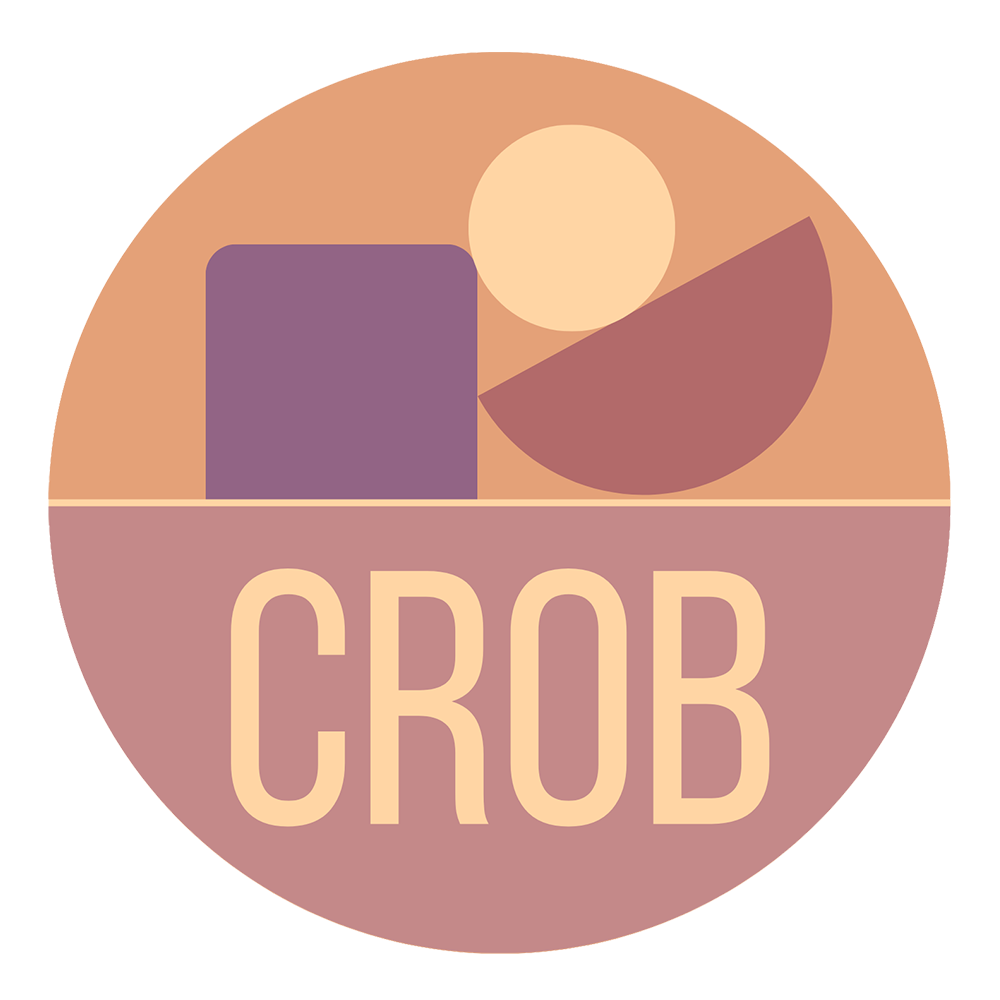
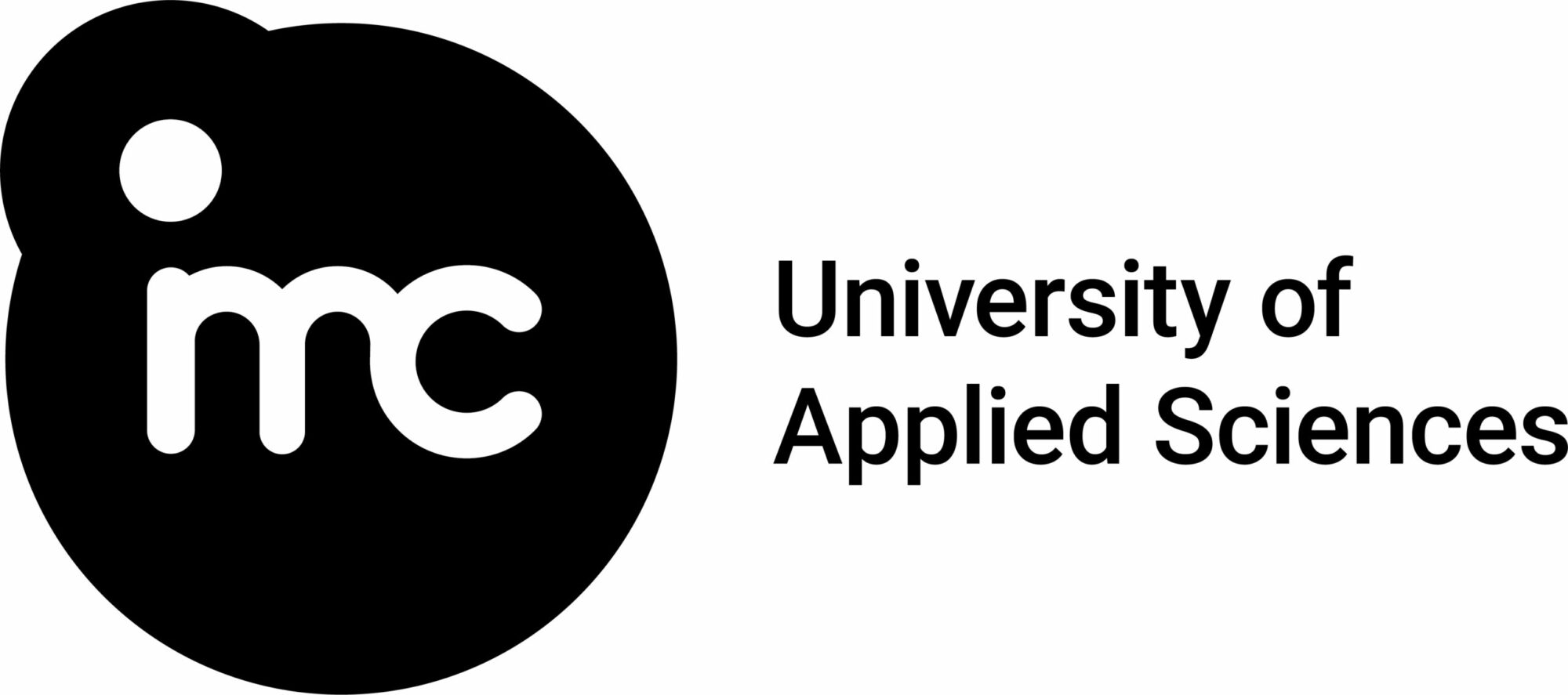
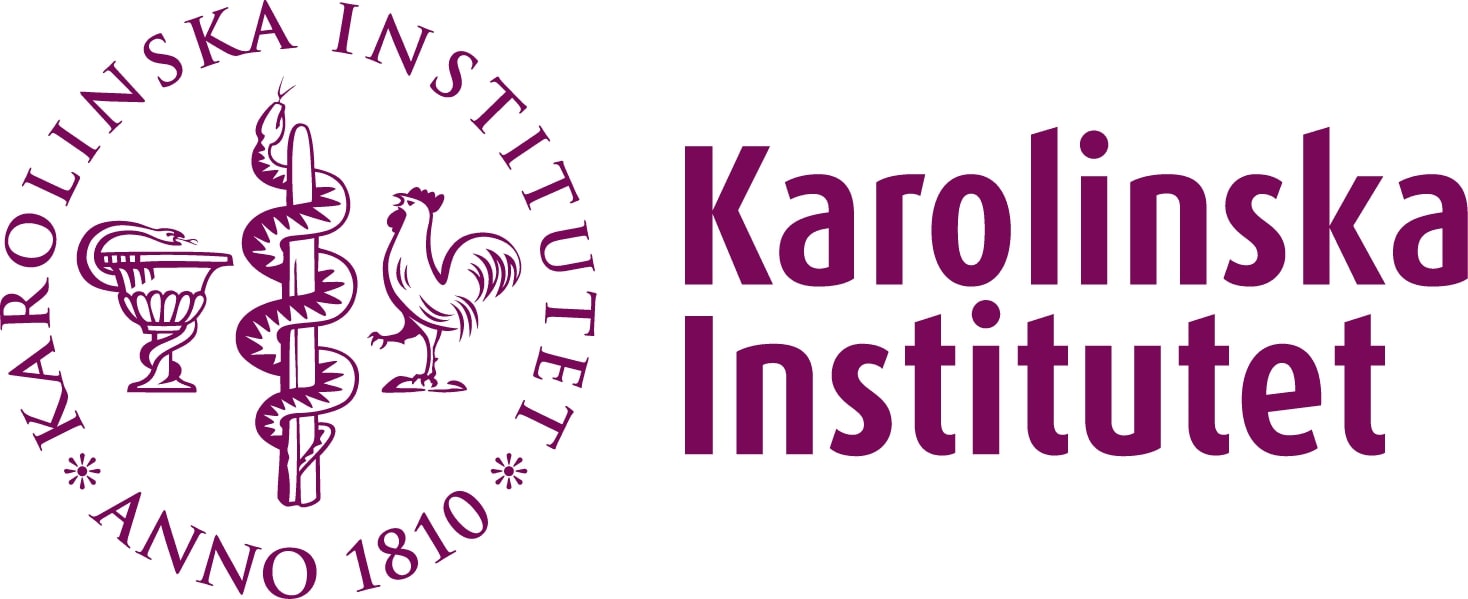
Project type: Funded research project
Project managment: IMS Krems
Project partner: IMC Krems, Karolinska Institut
Duration: 2023 - 2026
Support Scientific Health Data Use EU Grant Application (SupSci)
The Supporting Scientific Health Data Use EU Grant Application project aims to create a hub to address the scientific use of health data. Two applications for European calls focusing on health will be prepared and the necessary preparations for the submissions will be made. The project is led by Duervation and in cooperation with the Universitätsklinikum St. Pölten, the Karl Landsteiner University of Health Sciences and ecoplus. The Business Agency of Lower Austria. The project is funded by the Land Niederösterreich and supported by the Niederösterreichische Landesgesundheitsagentur.
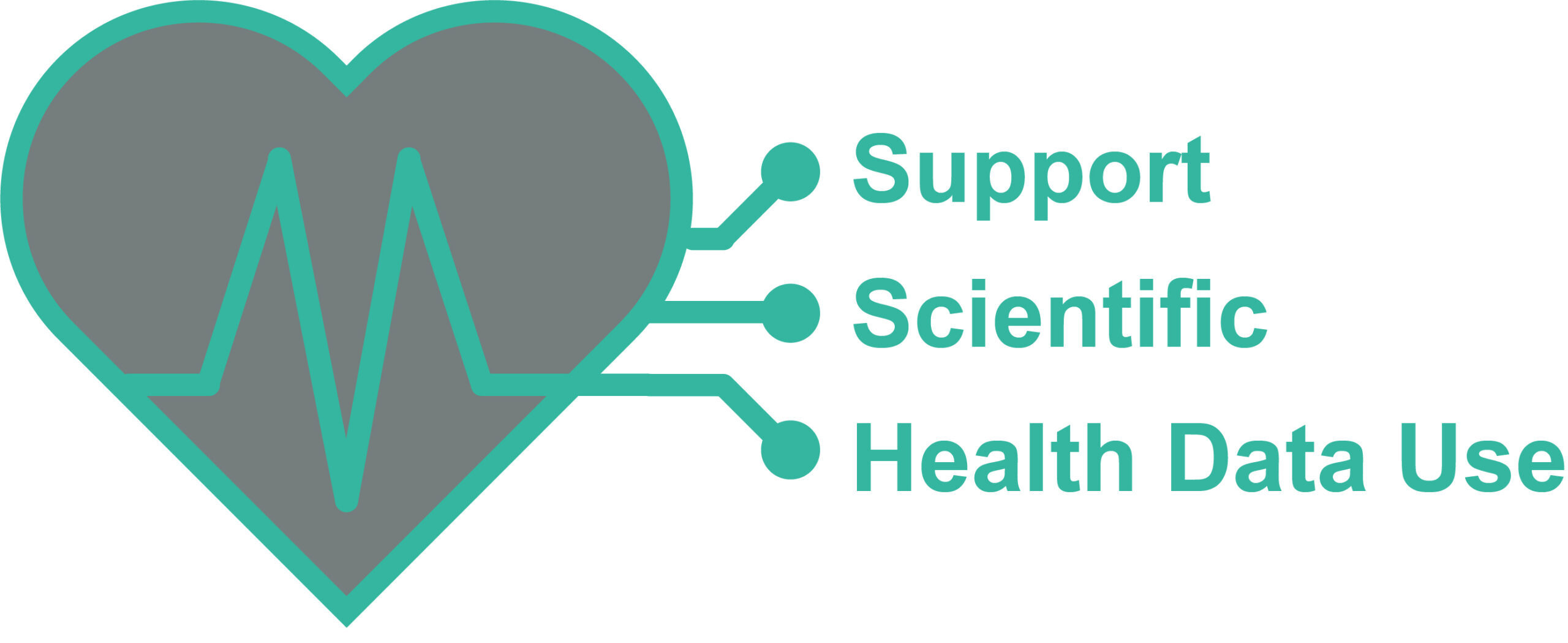
Funding provider

Partners / Supporters
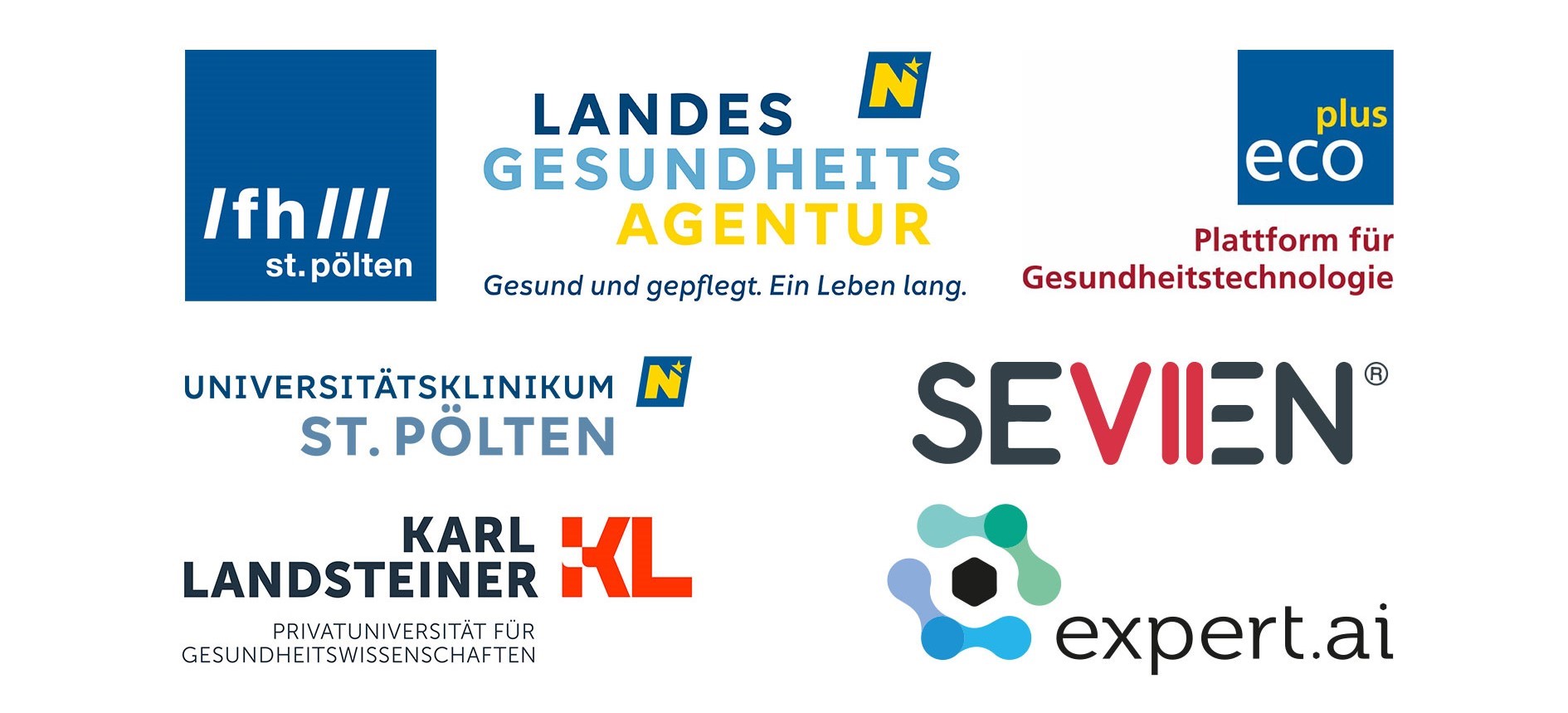
read more
Every examination and treatment of patients generates health data that are entered, stored, and managed in medical information systems. At present, these health data are only used sporadically and at great expense for research purposes (Dür et al., 2022). There is a huge amount of health data in Europe that is not or only minimally used for research purposes.
Secondary data use (Jungkunz et al., 2022) or the use of existing electronic health data for research purposes is socially controversial. Additionally, there are technical, legal and ethical challenges. However, the secondary use of health data could contribute significantly to better health care.
The aim of the SupSci project is to create a hub from which several research proposals on the use of health data for research purposes will emerge and be submitted.
This project contributes to positioning Lower Austria as a research partner in clinical and technology research and promotes cooperation with international research partners. The potential follow-up projects have great potential for technical and organisational improvements in the health sector.
Dür, M., Luschin-Ebengreuth, M., & Röschel, A. (2022). Nutzung von Gesundheitsdaten aus Krankenhausinformationssystemen für Forschungszwecke und deren Auswirkung auf die Planung, Organisation und Abwicklung von Forschungsprojekten – Ausgewählte Aspekte des SMARAGD Projekts (Teil I) Zeitschrift für Energie- und Technikrecht(1), 17-24.
Jungkunz, M., Köngeter, A., Winkler, E. C., Mehlis, K., & Schickhardt, C. (2022). Sekundärnutzung klinischer Daten in datensammelnden, nicht-interventionellen Forschungs- oder Lernaktivitäten – Begriff, Studientypen und ethische Herausforderungen. In G. Richter, W. Loh, A. Buyx, & S. Graf von Kielmansegg (Eds.), Datenreiche Medizin und das Problem der Einwilligung: Ethische, rechtliche und sozialwissenschaftliche Perspektiven (pp. 71-98). Springer Berlin Heidelberg.
Project type: Funded research project
Project management: Duervation
Project partner: Universitätsklinikum St. Pölten, Karl Landsteiner University of Health Sciences and ecoplus. The Business Agency of Lower Austria
Funding provider: Land Niederösterreich
Duration: 2023 - 2024
Research Integrity
Guidelines for Good Scientific Practice at Duervation
All individuals involved in research activities at Duervation are required to adhere to the standards of good scientific practice.
Duervation aligns with the Guidelines for Good Scientific Practice of the Austrian Agency for Research Integrity (OeAWI). These guidelines define the principles of research integrity and provide clear definitions of good scientific practice as well as scientific misconduct.
Another pertinent document is the European Code of Conduct for Research Integrity, published by the ALLEA (All European Academies). This code of conduct is an integral part of the agreements for all EU research projects within the framework of the EU program Horizon Europe.
